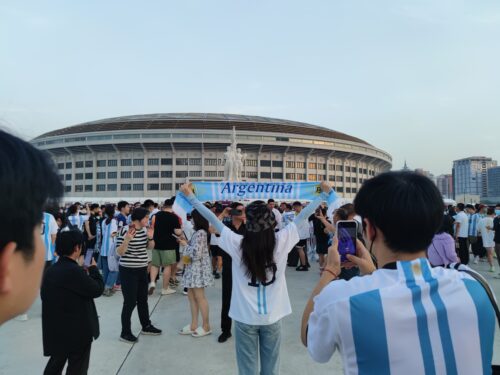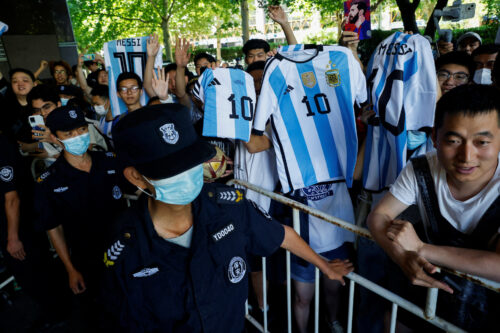Chinese Corner: Lamenting Chinese soccer, reality show ‘Produce 101,’ and the saga of Li Yiyi
Chinese Corner: Lamenting Chinese soccer, reality show ‘Produce 101,’ and the saga of Li Yiyi
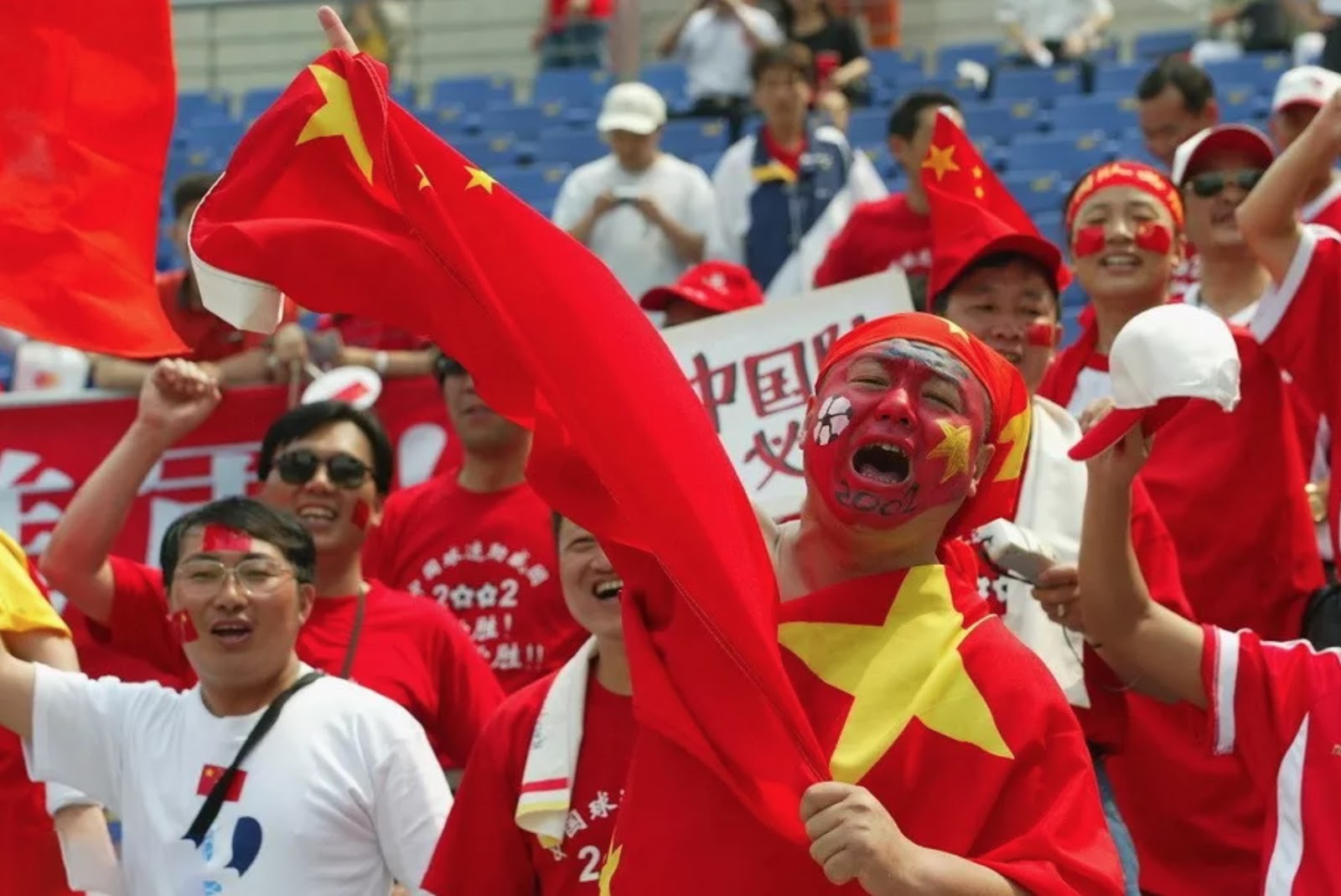
How Chinese soccer peaked in 2002
那一年,世界杯上有中国
By 令孤 | 人物
June 24, 2018
The World Cup is a time of great joy for Chinese football fans, but there is always a dark cloud hanging overhead that threatens to dampen the festivities. The People’s Daily bravely declares that it shouldn’t be awkward to talk about this difficult subject, so we will say it out loud: The Chinese national soccer team!
There is not much left to say about the team. It’s a national disgrace, and most people have completely lost hope for Chinese soccer. But Chinese soccer did have a golden era: Looking back, 2002 was unquestionably the heyday of it. That year, the national team qualified for its one and only World Cup appearance. This was the biggest accomplishment in China’s soccer history even though the team failed to score even one goal in three games.
More than 82 percent of the Chinese population tuned into broadcasts of the matches. 170 million new television sets were purchased by citizens who wanted to watch the nation’s first World Cup appearance. Over 50,000 Chinese people flew to the host country, South Korea, to show support.
In this fascinating article, author 令孤 vividly captures the excitement surrounding the Chinese soccer team in 2002. He explains how all the odds were finally in the team’s favor after years of failed attempts and why it went all downhill from there.

Talent show ends without most popular contestant
GQ报道 | 杨超越变形记:这不是我的世界
By 洪蔚琳 | GQ报道
June 24, 2018
The massively popular Chinese reality show Produce 101 (创造101) is officially over. The ending, well, was not so satisfying, to say the least. The most popular contestant, Wang Ju 王菊 — called “China’s Beyonce” by the Guardian and a “gay icon” by Sixth Tone — didn’t make it to the final group of 11 winners, whereas Yang Chaoyue 杨超越, whose awful performance on the season finale became a meme on the Chinese internet, ended in third place.
So who was rooting for Yang? After watching the whole show unfold, a group of writers shared their thoughts. GQ 报道 published a profile of Yang written by Wei Honglin 洪蔚琳, who spent 20 days with her, trying to understand her complex background and unusual popularity.
Other views on Yang’s success: Blogger Tushetou 兔透射 argues that a relatable and compelling narrative was the key to Yang’s rise, adding that the more Yang was mocked by internet users, the more devoted her fans became. Wanwan 湾湾 at the Beijing News 新京报 notes that another essential component of Yang’s appeal is her appearance, which embodies standard-issue beauty in Chinese culture. Meanwhile, in an interview with Jiemian Culture 界面文化, pop culture expert Wang Fei 王斐 explores whether talent or the ability to stir up controversies is more important for female entertainers in China.
Finally, this roundtable discussion hosted by Jiemian Culture tackles three major questions: How did money influence the show’s outcome? What does the show say about the entertainment industry in China? And what has changed in the realm of Chinese reality shows since the 2005 singing contest program Super Girl?
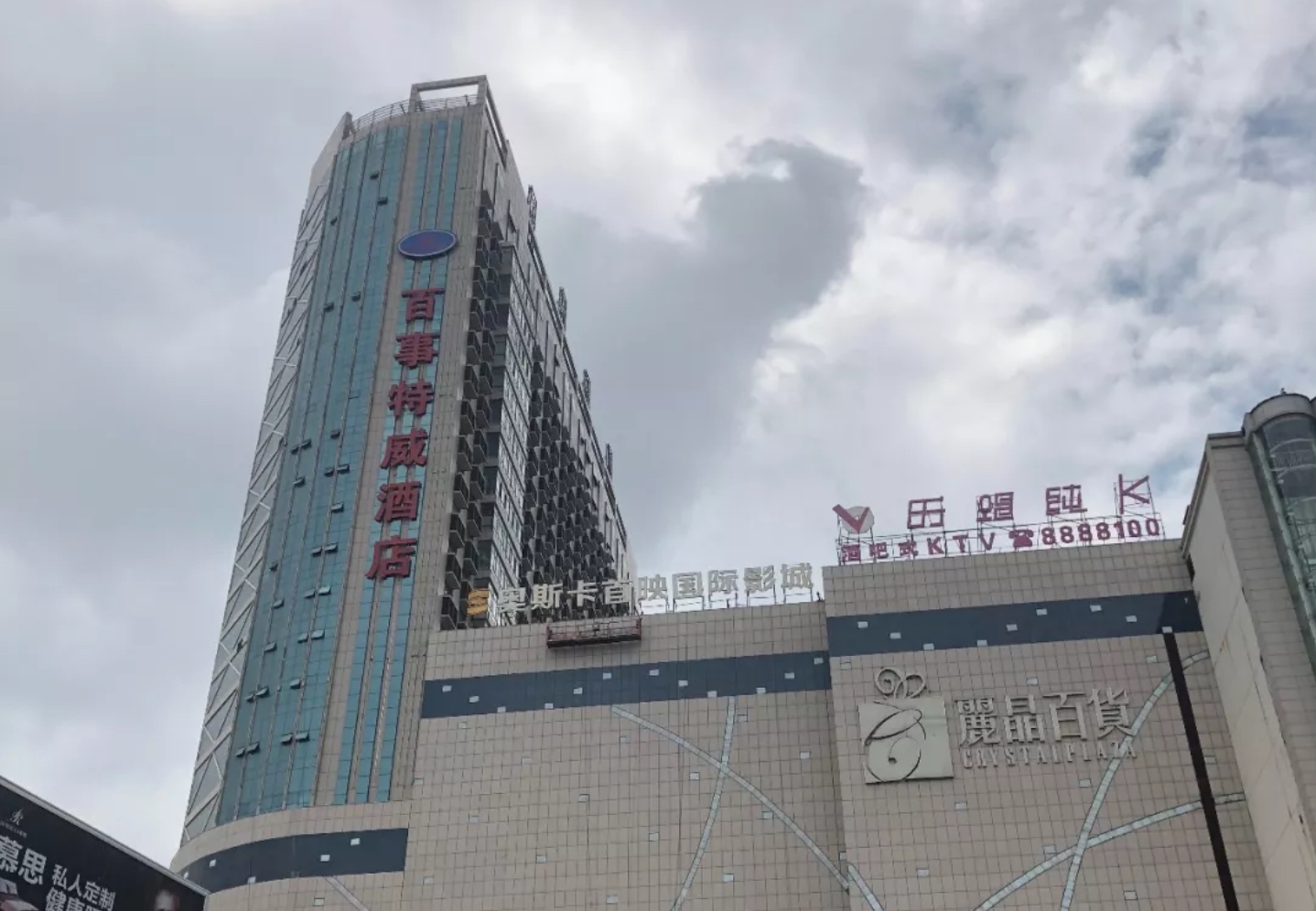
‘Hypocrisy is grotesque’: Sexual harassment and the gut-wrenching tale of Li Yiyi
甘肃跳楼女孩的最后653天
By 人物
June 28, 2018
On June 20, Li Yiyi 李奕奕, a 19-year-old female student, jumped to her death from the eighth floor of a shopping mall in Qingyang, Gansu Province. What followed was the revelation of a string of suffering after she was allegedly sexually assaulted by a teacher at her high school in September 2016.
In this detailed feature story, journalist Jing Xinyu 荆欣雨 reveals how Li, in the aftermath of the incident, spent every day grappling with her depression, her resentment toward the perpetrator, and her disappointment at how the local authorities handled the case. It is a tough read, but the article serves as a sober reminder of how sexual predators at Chinese schools often get away with their crimes after completely ruining their victims’ lives.
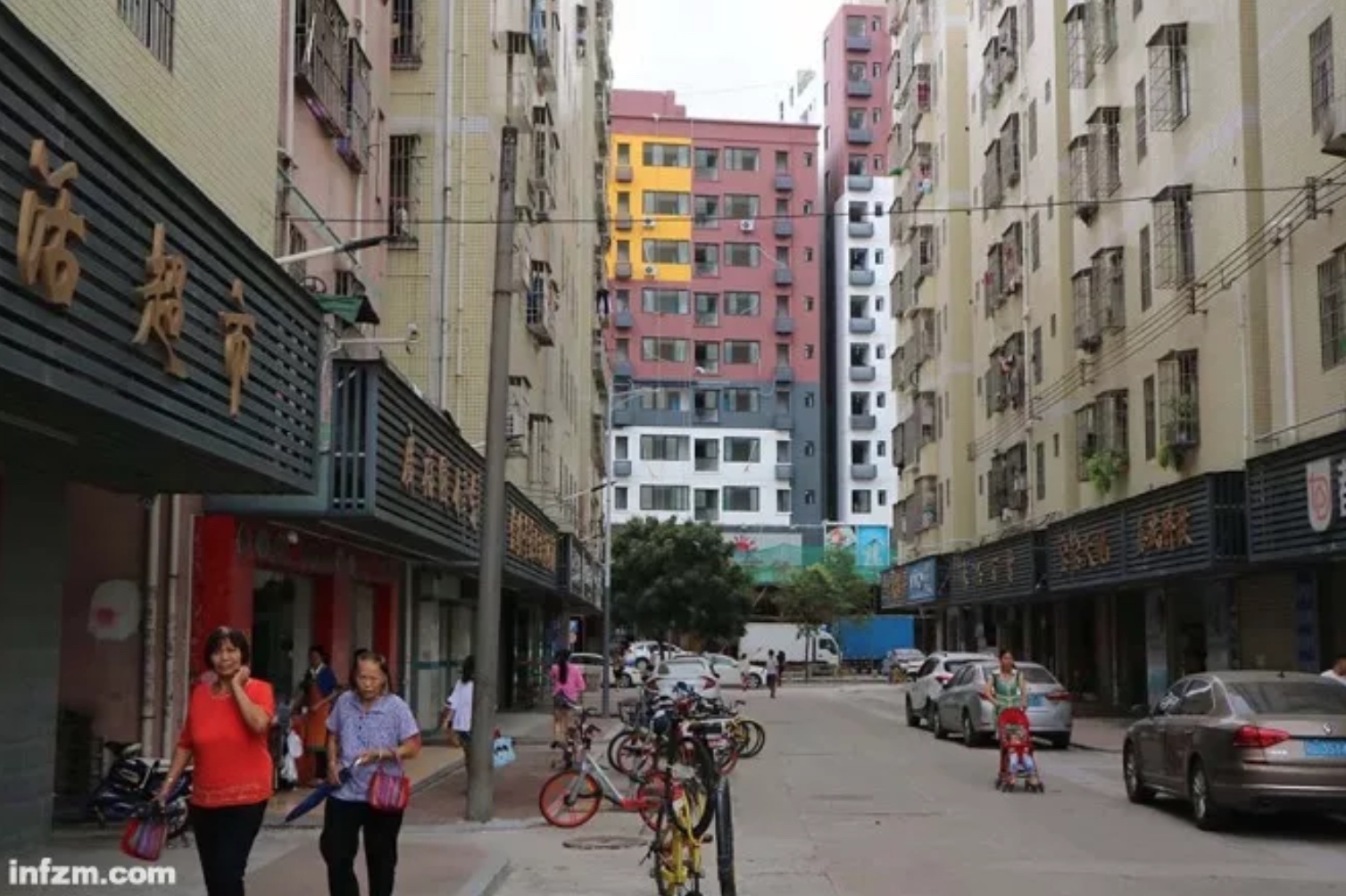
Finding affordable housing in Shenzhen
万科要进城中村,富士康工人忧心房租涨
By 王伟凯 | 南方周末
June 22, 2018
Earlier this month, an open letter appeared in a Foxconn factory in Shenzhen, blaming Vanke, China’s largest property developer, for slowly but steadily turning affordable housing units in the city into semi-luxury apartments that immigrant factory workers earning minimum wages could never afford.
In the article, Wang Weikai 王伟凯 argues that Vanke’s acquisition of huge swaths of affordable housing and the subsequent renovation projects were part of a grand initiative backed by the local government in rural areas in Shenzhen. The local authorities welcomed the influx of gentrifying capital, but this inevitably resulted in rising rents that are pricing people out of their homes.




